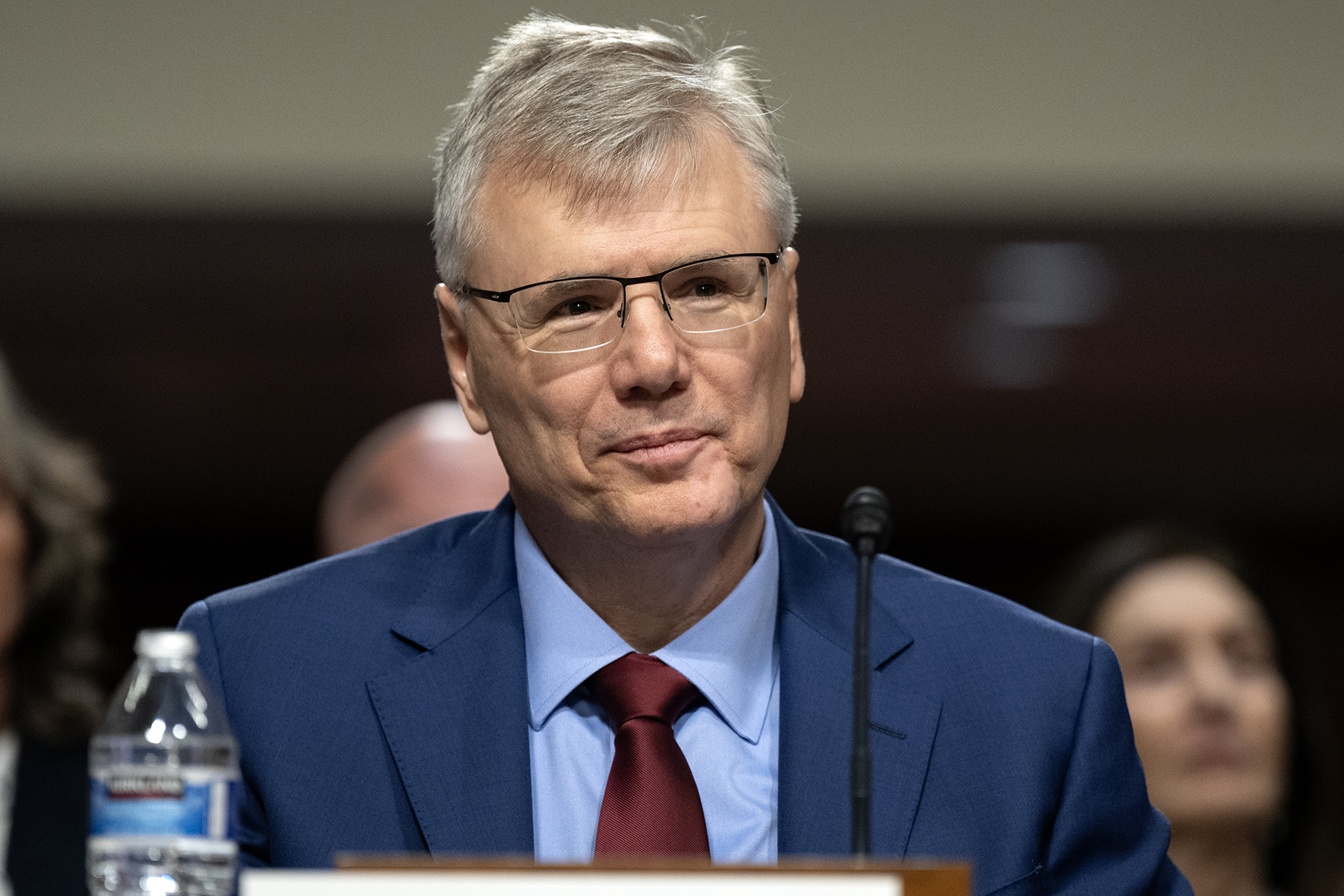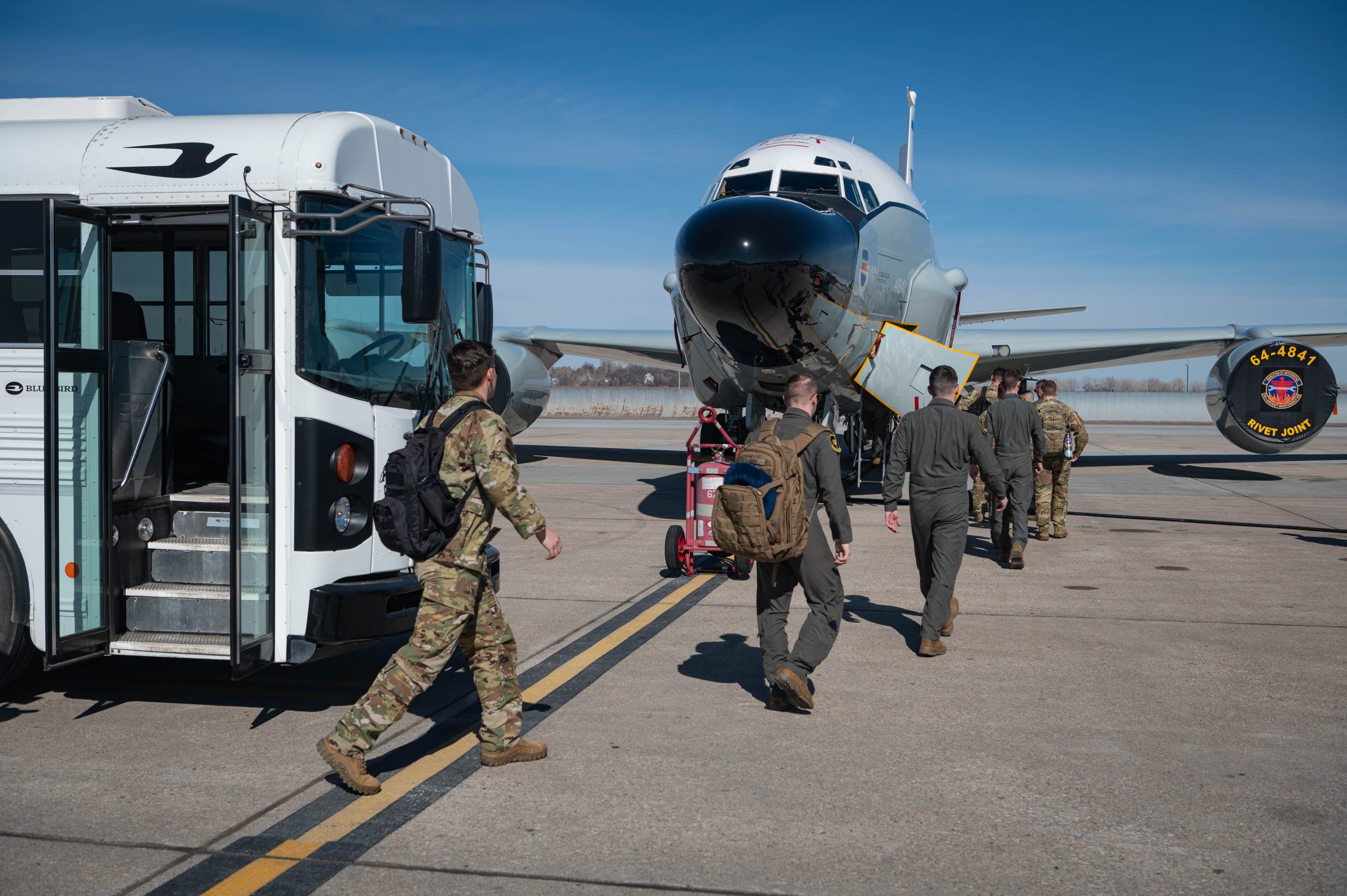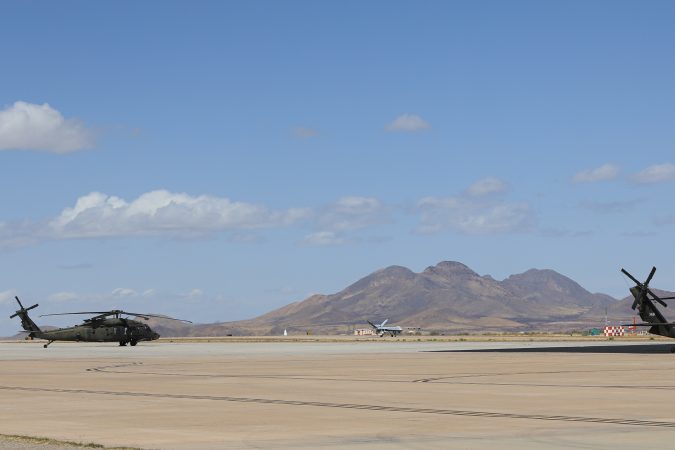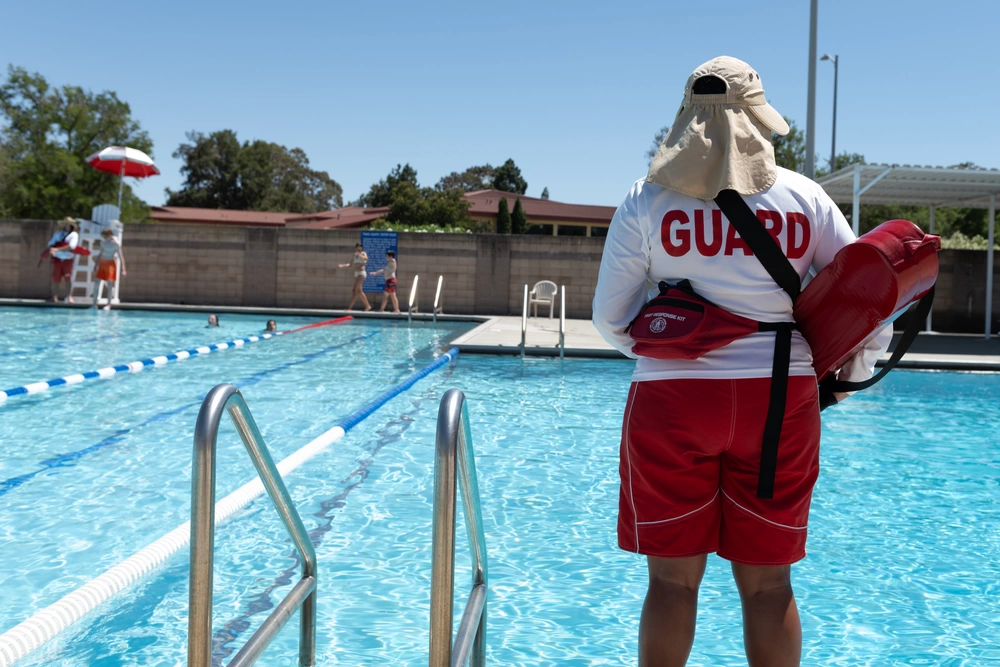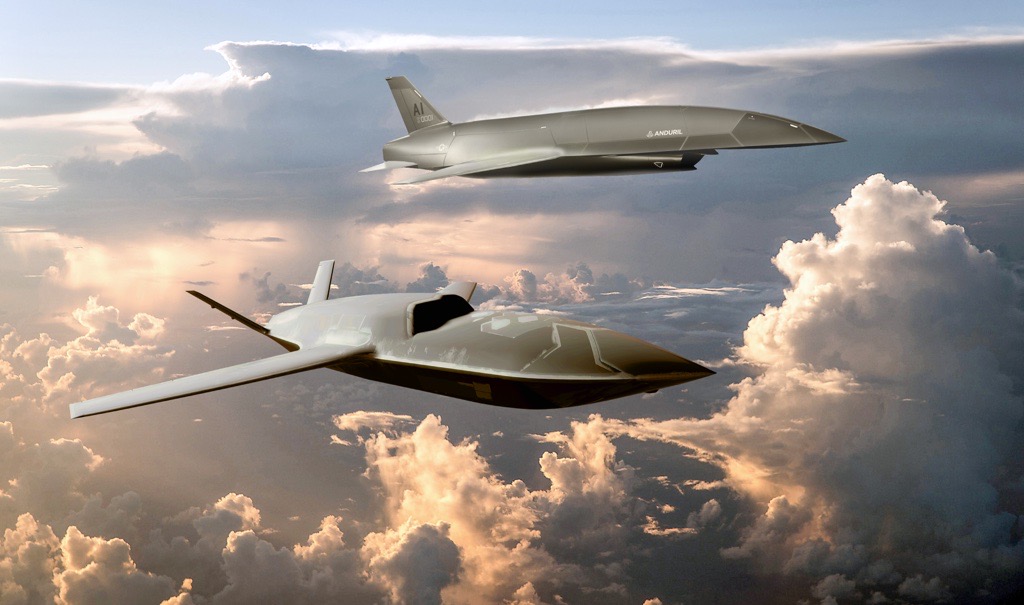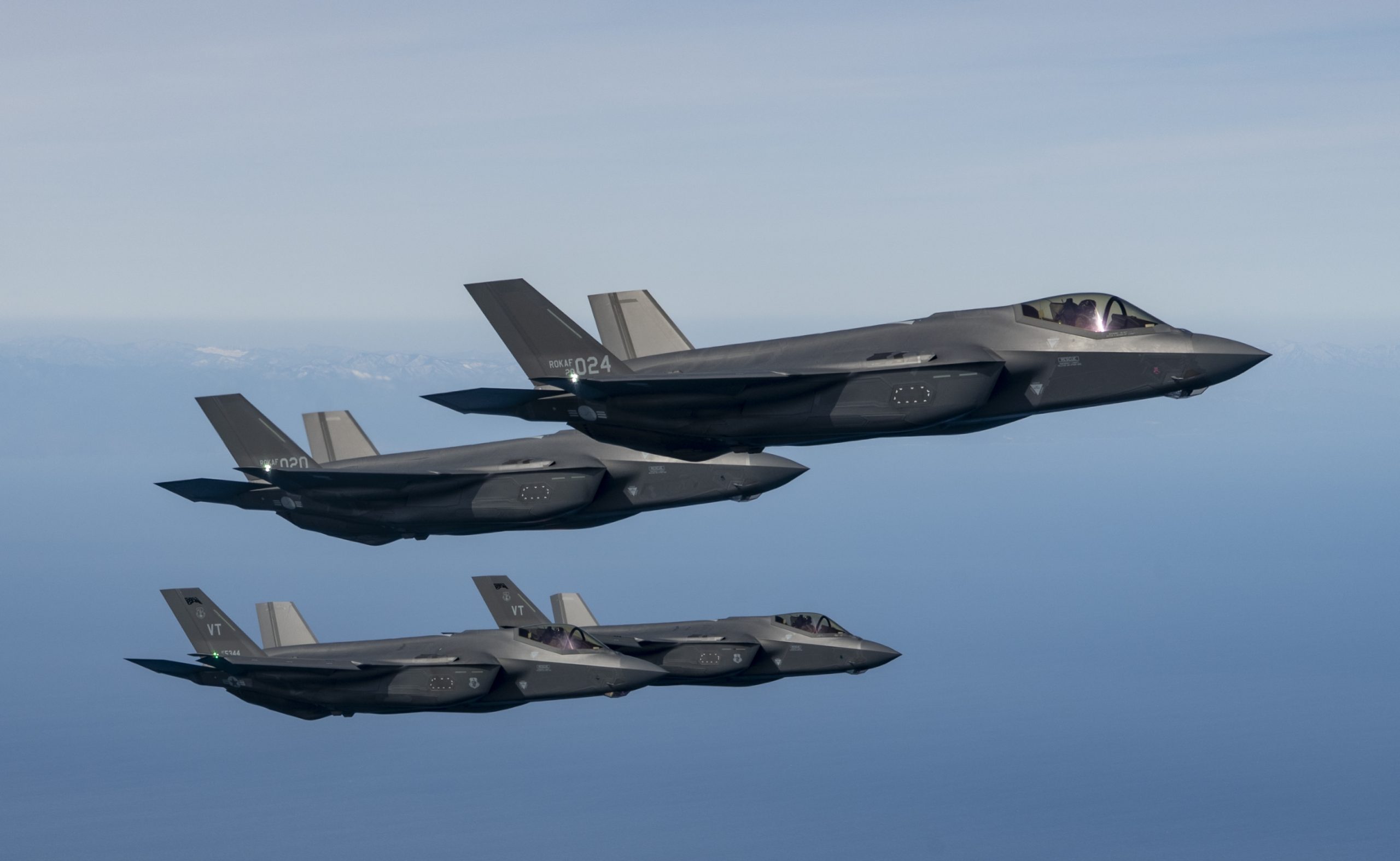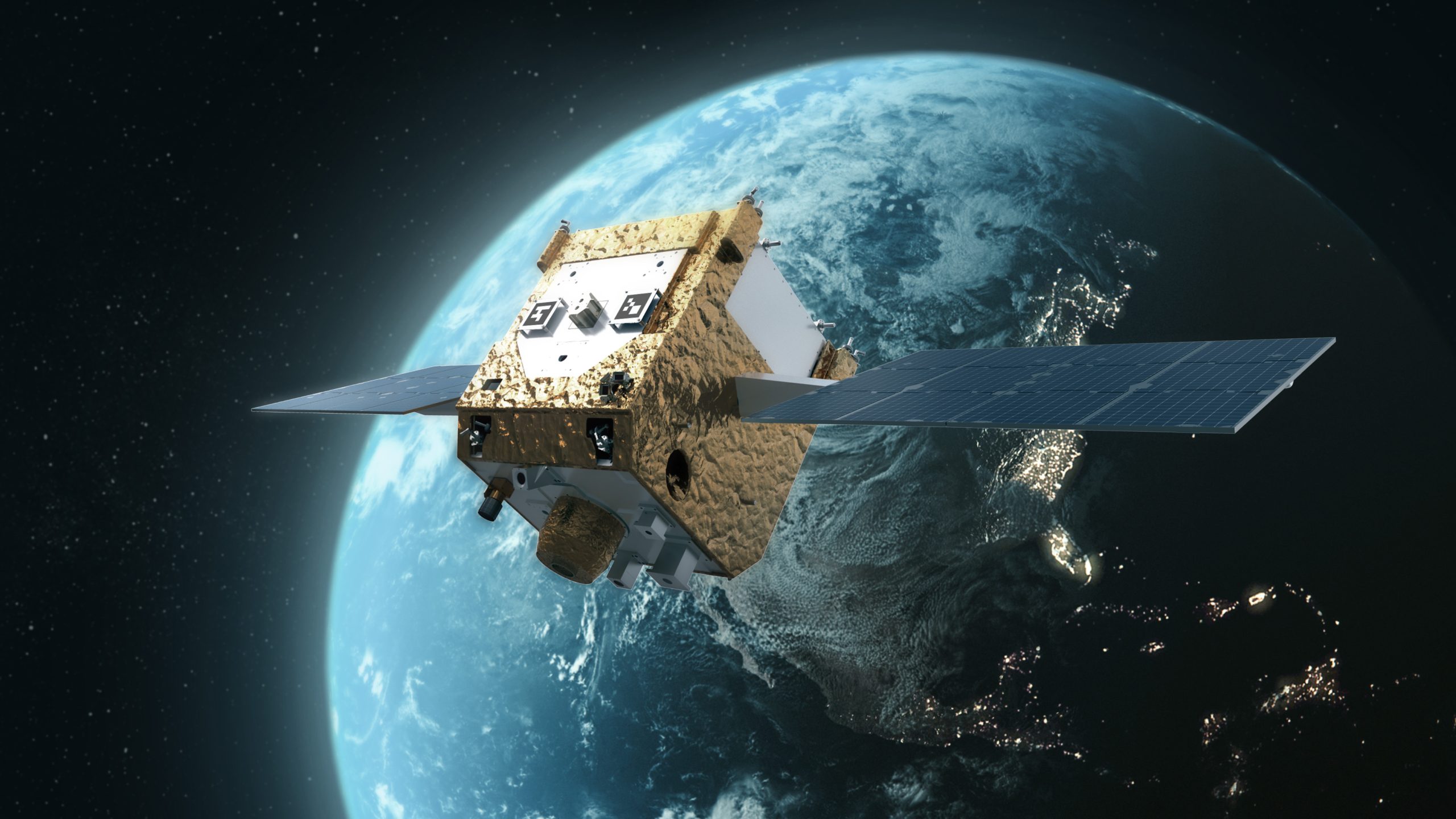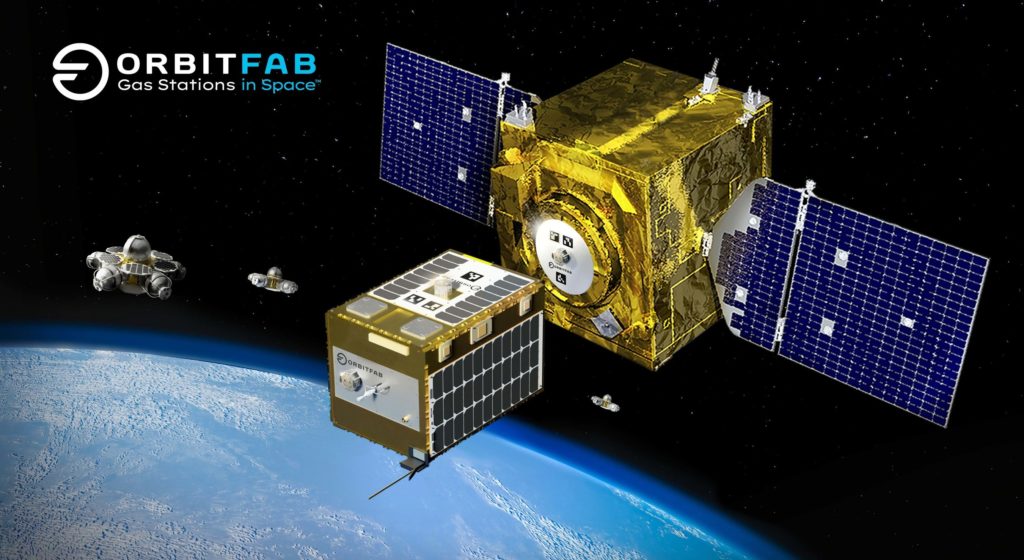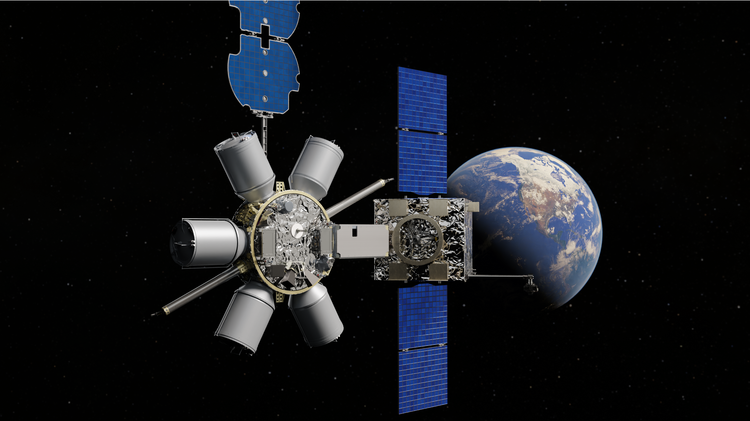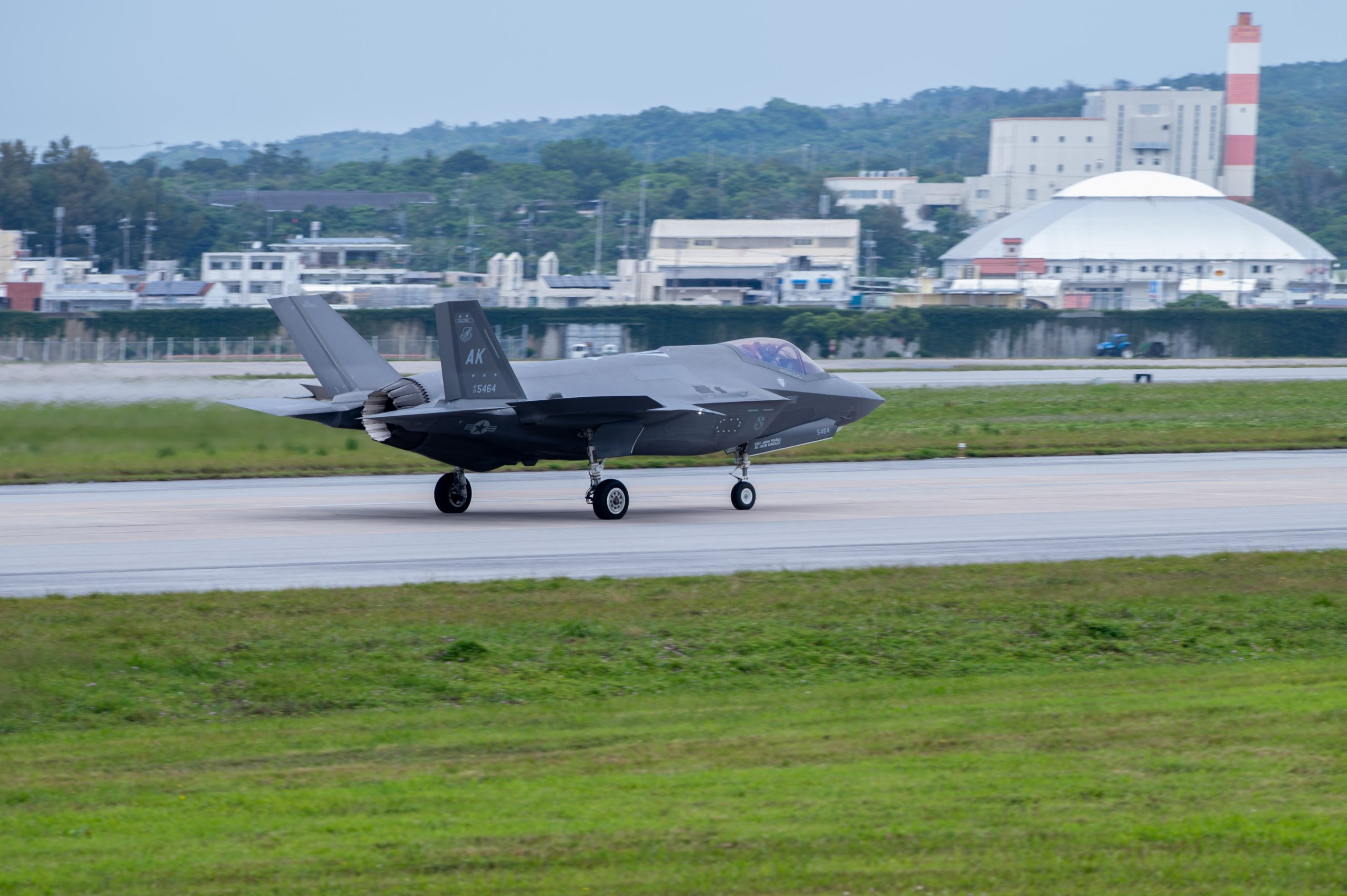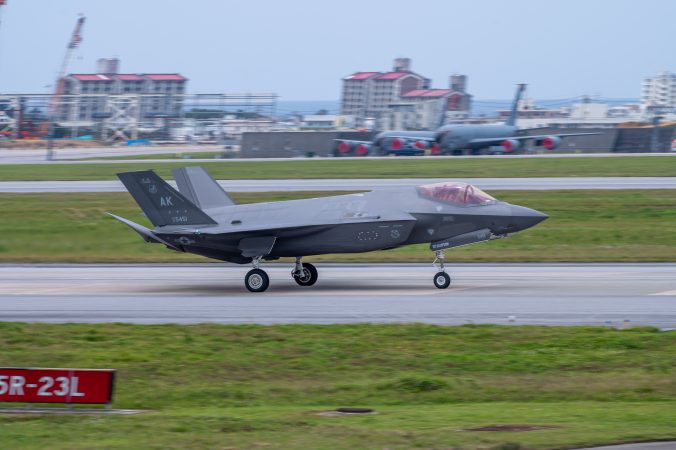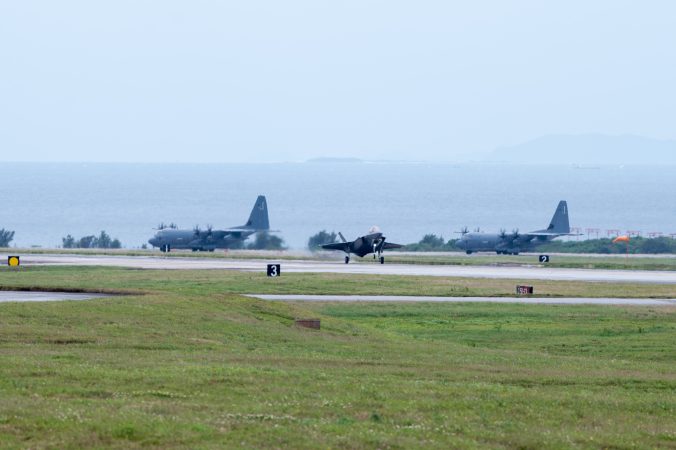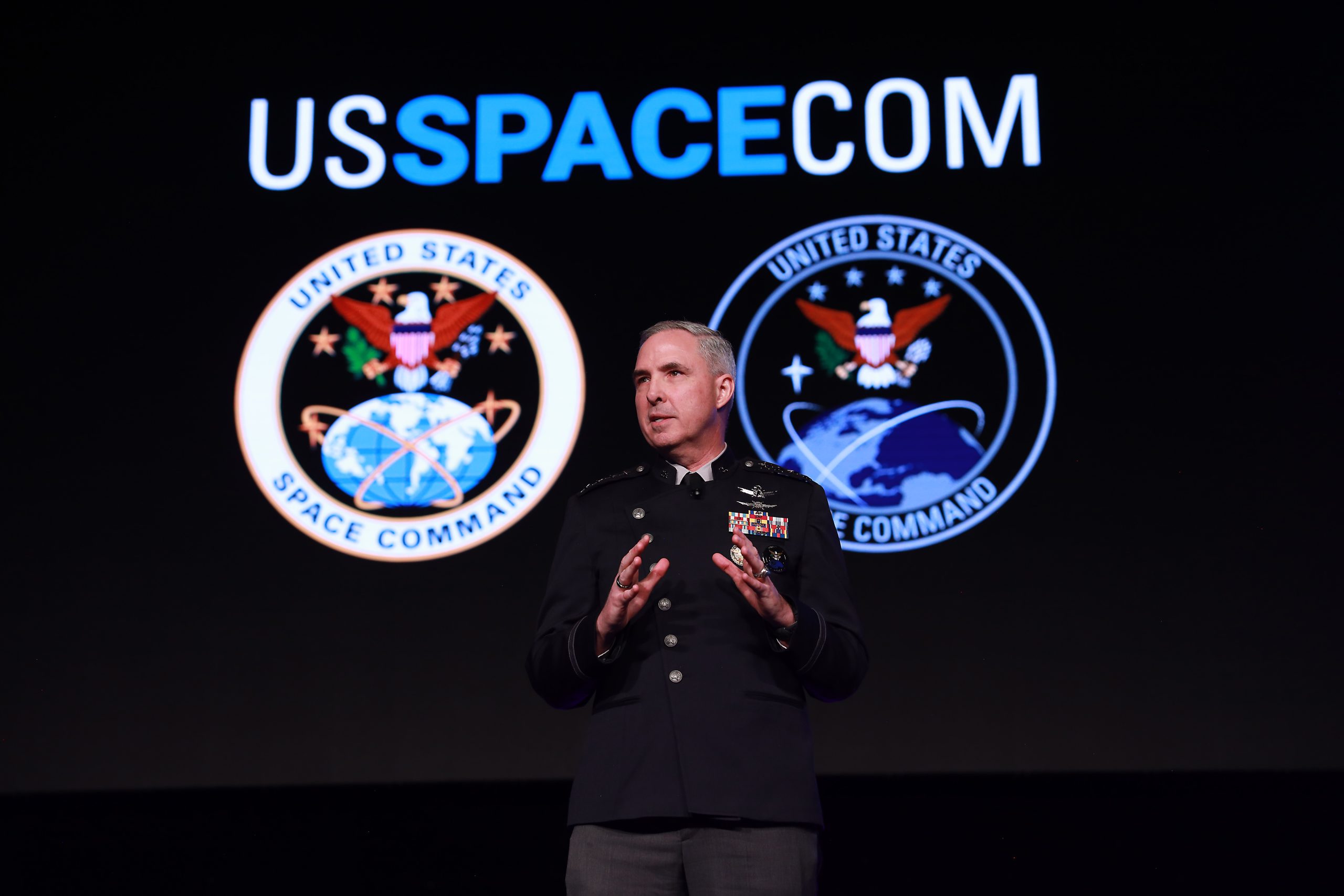President Donald Trump’s picks for the nation’s top uniformed officer and the Air Force’s highest-ranking civilian are on the verge of being confirmed after being approved by the Senate Armed Services Committee on April 8.
Retired Air Force Lt. Gen. John “Dan” Caine is set to become Chairman of the Joint Chiefs of Staff, while current NRO principal deputy director Troy E. Meink is set to be Air Force Secretary.
Caine and Meink’s nominations were approved in roll call votes along with three other senior defense nominees, the committee announced April 9. The nominations were “immediately reported” to the Senate floor, where they await a vote from the full chamber.
The committee did not announce the vote totals on the nominations, but SASC chairman Sen. Roger Wicker (R-Miss.) disclosed in a statement that Caine was approved 23-4. His office did not immediately respond to a query on the vote for Meink.
During his confirmation hearing two weeks ago, Meink appeared to be on a glide path to confirmation, facing little to no opposition from lawmakers.
Meink has spent more than a decade at the NRO, where he oversaw the agency’s space acquisition projects for years, including managing national geospatial intelligence satellite acquisitions with a budget of over $15 billion. He has worked closely with the Space Force and has perhaps the deepest space expertise of any Air Force Secretary nominee ever.
During his confirmation hearing, Meink asserted the need for “offensive and defensive” space control capabilities, stressing that the Space Force’s investment priorities focus on “achieving space superiority through space control,” echoing the priorities of Chief of Space Operations Gen. B. Chance Saltzman.
He also served in the Air Force as a KC-135 tanker navigator from 1988 to 1993, before transitioning to a civilian career with the Air Force, where he held various space-related roles, including the now-defunct office of deputy undersecretary of the Air Force for space.
Meink’s background aligns with Trump’s space-centered vision; during his first term, Trump championed the creation of the Space Force. If confirmed, Meink could be a significant advocate for the Space Force, as service leaders have called for more resources and manpower to keep up with a growing mission set.
He may also be a key player in “Golden Dome,” Trump’s comprehensive defense initiative to protect the nation from missile threats. Many details about the project, which will require heavy lifting from various military branches, government agencies, and commercial industry, are still unclear, but the Space Force is likely to play a key role and Meink would be involved in key decisions from procurement to project oversight, as well as cross-agency coordination.
The committee also voted to advance Caine’s nomination for Joint Chiefs Chairman.
Unlike others, Caine’s nomination came unexpectedly in February, following the abrupt dismissal of the former Chairman of the Joint Chiefs of Staff, Air Force Gen. Charles Q. Brown Jr., who was less than two years into his four-year term.
Caine is a highly unconventional nominee; he retired as a three-star lieutenant general in December, and U.S. law requires the chairman to have previous service as one of the joint chiefs or commander of a combatant command. However, the law also allows the President to waive that requirement. If confirmed, Caine would also be the first Air National Guardsman to be elevated to chairman.
During his confirmation hearing, Caine reaffirmed his commitment to remain apolitical and emphasized that, as Chairman, he would not be in the chain of command to operators.
The prospective CJCS said his focus will be to urge and motivate the service chiefs to find faster ways to field technology that will preserve the nation’s military superiority, which he said is at risk as China improves its own military at a rapid pace.
“Our national defense requires urgent action and reform across the board,” Caine said. He also expressed full support for modernizing the nuclear triad as the foundation of American security. All of Trump’s top Pentagon nominees have advocated for nuclear modernization to date.
The other nominees approved by the SASC include:
- Michael P. Duffey, nominated as Undersecretary of Defense for Acquisition and Sustainment
- Emil G. Michael, nominated as Undersecretary of Defense for Research and Engineering
- Keith M. Bass, nominated as Assistant Secretary of Defense for Health Affairs
